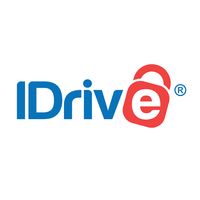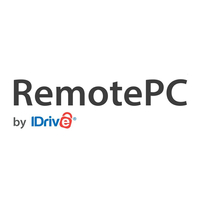Best cloud storage in 2025
The best cloud storage services make it simple to back up your files

The best cloud storage allows you to free up space on your smartphone, laptop and other devices as well as store an extra copy of your most important files in the cloud.
While a free tier is a great way to test out a particular service, a personal or premium plan makes more sense if you have lots of files you want to store online. Besides cloud storage, you might also want to consider the best cloud backup services since they provide a simple, automated way to back up your computer.
Even though there are some great free cloud storage options, these are the best cloud storage services worth paying for based on our testing and reviews and many of them also fall under the best cloud storage for business.
The best cloud storage deals, right now
Why you can trust Tom's Guide
IDrive: the best cloud storage available
IDrive ranks highly consistently among the best cloud storage services thanks to top features, high security, and fair pricing. It’s available across Windows, macOS, Linux, Android, and iOS, and you can get 10TB of storage for only $4.98 a year with our exclusive deal!
Reader Offer: Get 50% off Sync.com plans
With Sync.com, you can take advantage of cloud storage and syncing whether you're an individual or a business. We've got an exclusive deal offering up to 50% off the annual price of its Personal, Pro, and Pro Teams plans, offering secure storage, custom branding, priority support, and much more.
Preferred partner (What does this mean?)
Get Backblaze for free with every ExpressVPN purchase
ExpressVPN, Tom’s Guide’s #1 VPN provider, is offering free unlimited cloud backup courtesy of Backblaze for a whole year with its annual subscription. Secure, business-grade online backup for everyone, no strings attached.
The Quick List
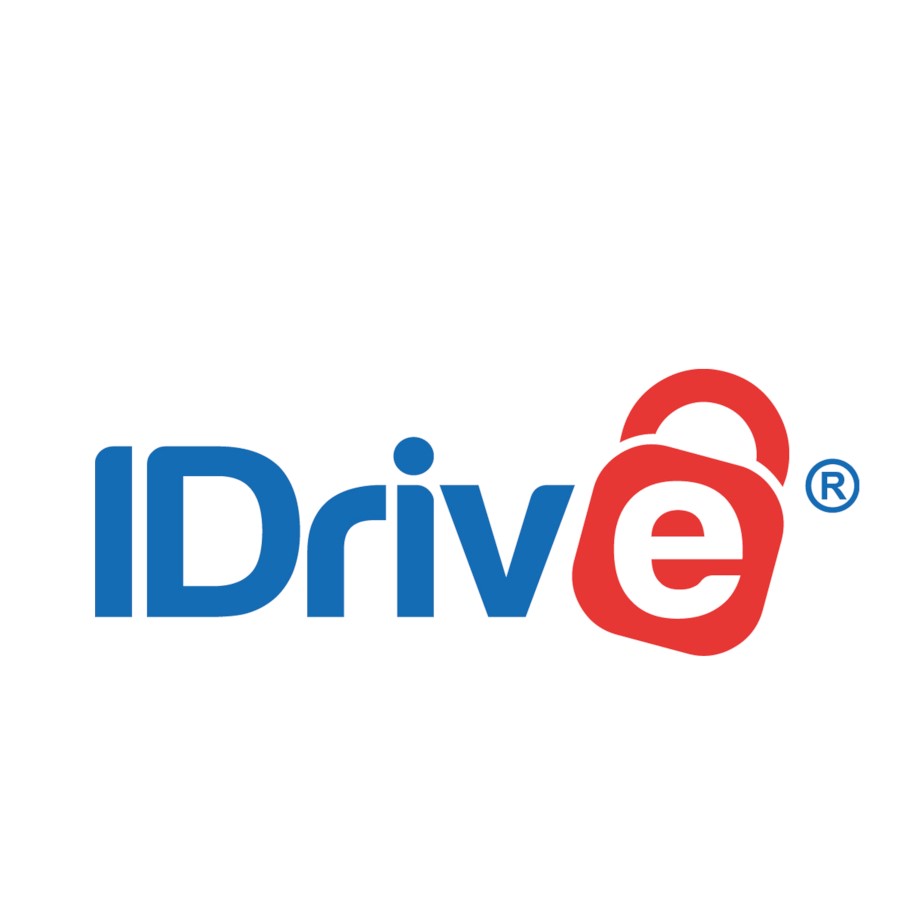
IDrive is an affordably-priced and easy to use cloud storage service with a storage capacity of up to 10TB. We found it reliable and secure, with support for unlimited devices and end-to-end encryption.

Google Drive's seamless integration with Google Workspace makes it perfect for team projects. You get 15GB free storage, and we found its real-time collaboration tools top-notch.
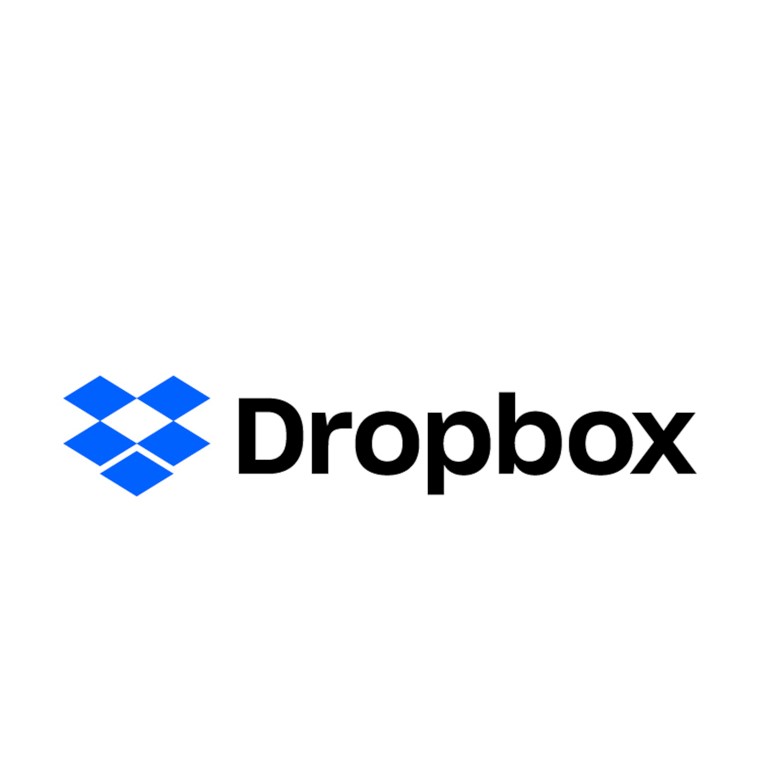
Dropbox is an excellent cloud storage for sharing files and documents with others and it has a maximum storage capacity of 5TB. It supports an unlimited number of devices like computers and smartphones and it works great with third-party apps. Dropbox also encrypts your data both in-transit and while at rest to protect it.
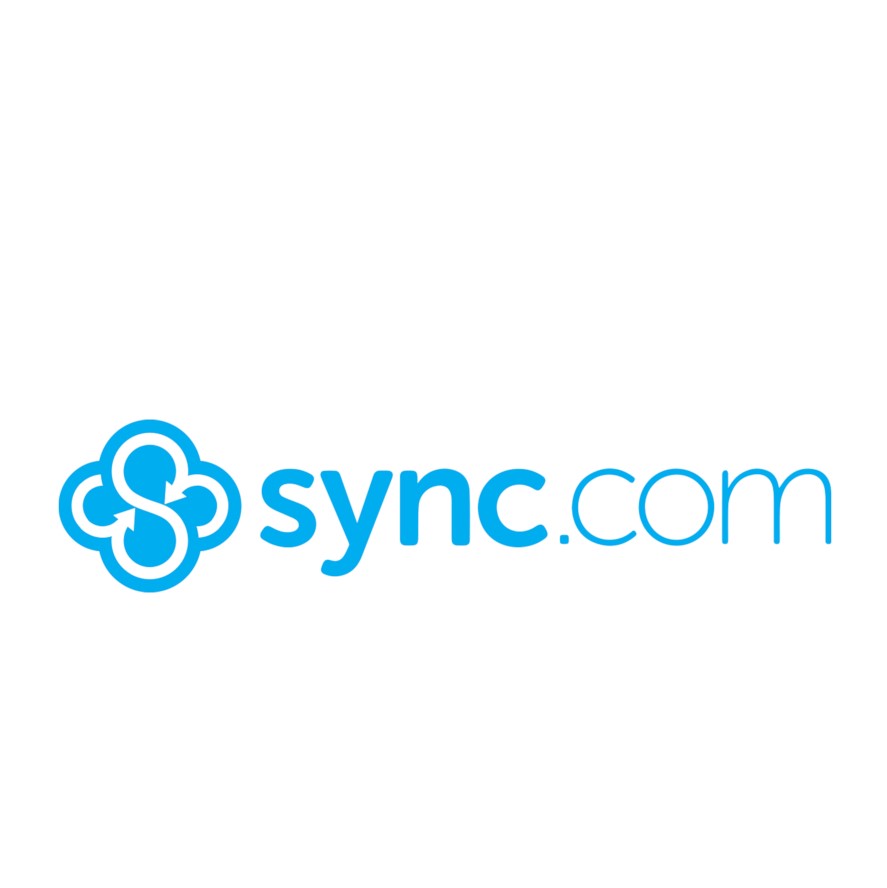
Sync.com is a secure cloud storage service that protects all of your data using end-to-end encryption. It offers an extended file history for seeing any changes made to your files and there's a maximum storage capacity of 6TB with support for five devices.
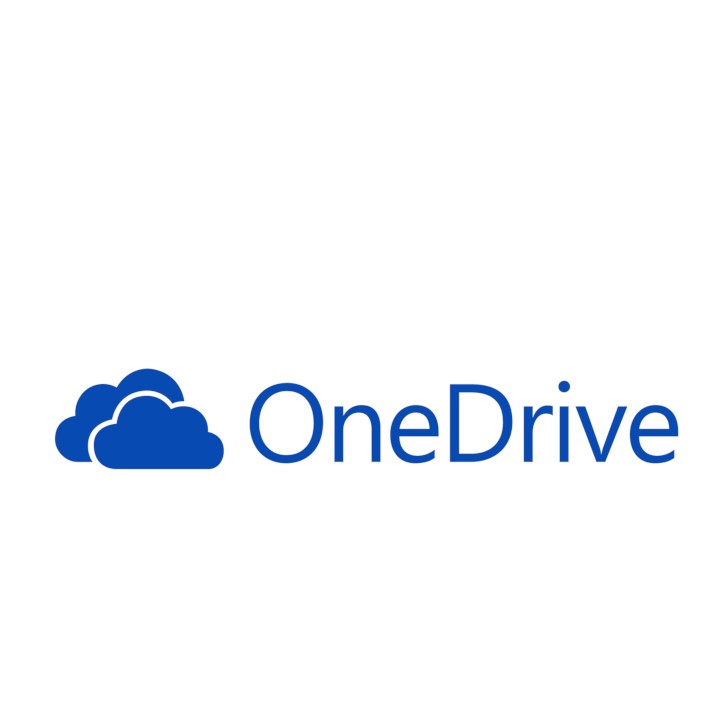
OneDrive is the perfect cloud storage service for Windows thanks to the extensive integrations with Microsoft's operating system. It has a maximum storage capacity of 6TB and you can use it with up to 30 devices.

MEGA provides encrypted storage with built-in messaging and plenty of free space. The service puts privacy first, making it perfect for security-minded users.
The best cloud storage overall
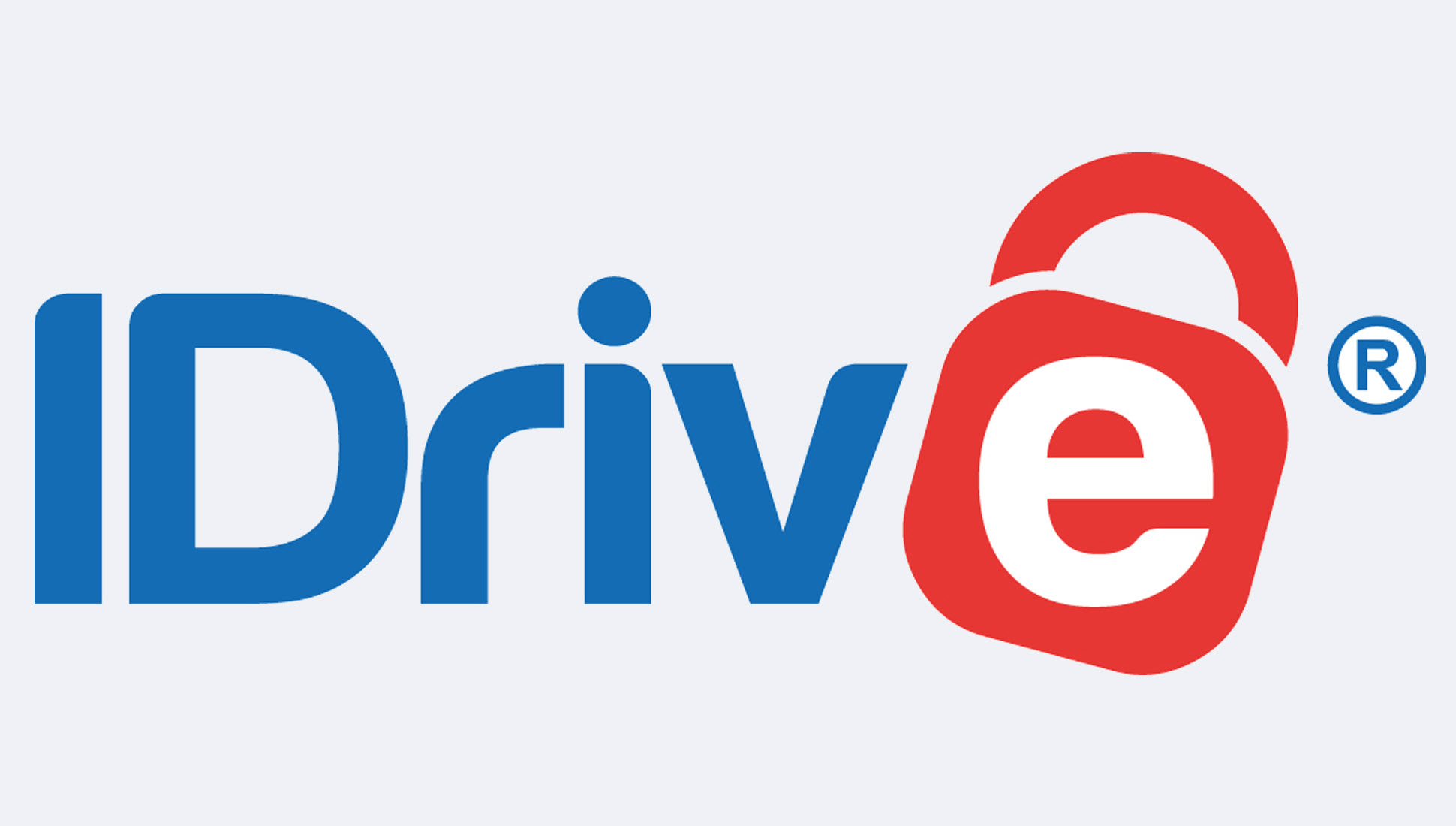
Specifications
Reasons to buy
Reasons to avoid
IDrive takes first in our list of the best cloud storage providers. It offers great value for money, provides highly secure cloud storage solutions, and has an option for every user.
The service starts with a free 10GB plan, perfect for testing it out. Personal plans that support one user and unlimited devices cost $69.95 a year ($99.50 on renewal) for 5TB or $104.65 a year ($149.50 on renewal) for 10TB of storage. IDrive is also currently offering 10TB for a hugely discounted price of $4.98 for the first year.
Beyond storage, IDrive includes valuable features like IDrive Express, which ships you a physical drive for faster initial backups or data recovery. We also appreciated the ability to back up external drives and NAS devices.
Security is robust, with end-to-end encryption protecting your files. The service performed reliably in our tests, though upload speeds weren't quite as fast as some competitors. Still, for most users, IDrive offers the best combination of features, security and value.
Read our full IDrive personal cloud backup review, and our IDrive business review.
| Header Cell - Column 0 | Free | Personal | Team** | Business** |
|---|---|---|---|---|
Cost per month/year | Free | $8.29* / $99.50*** | $8.29* / $99.50 | $8.29* / $99.50 |
Storage capacity | 10GB | 5TB*** | 5TB | 250GB |
Number of users | One | One | Five | Unlimited |
File versioning | ✔ (30 versions) | ✔ (30 versions) | ✔ (30 versions) | ✔ (30 versions) |
*All prices are based on undiscounted rates of the cheapest available annual plan.
**Entry-level Team and Business plans shown: plans go up to 500TB and 500 users / 50TB and 50 users.
***IDrive is offering 10TB storage at a hugely discounted $4.98 for the first year
Get IDrive's RemotePC for $4.98 for the first year
IDrive's RemotePC product, offering remote desktop access, is exclusively available for $4.98 a year for the first year! This plan offers remote access to up to 10 machines, and also includes (for free) its RemotePC Meeting video-conference solution for enterprises.
Best cloud storage for collaboration

Specifications
Reasons to buy
Reasons to avoid
Google Drive is arguably the best for real-time collaboration. In our testing, its integration with Google Workspace apps made working on shared documents seamless, while its AI search helped us quickly find files.
It's worth remembering it's more than cloud storage. It comes with companion apps including Google Photos, Docs, Sheets, and Slides—together known as Google Workspace—meaning you can create, edit, store, view, and synchronize files via this unified, web-based interface.
Google offers you free storage of up to 15GB on Google Drive. This plan is yours to keep forever, and if you wish to upgrade to a higher storage plan down the road, the paid plans, offered under the banner of Google One, start at $1.99 a month for 100GB. From there, you can upgrade storage to 5TB for $24.99 a month, 10TB for $49.99 a month, 20TB for $99.99 a month, and a maximum of 30TB for $149.99 a month.
The web interface, while attractive, isn’t the easiest to use. This problem is easily solved by downloading the Google Drive desktop application for Windows and macOS.
Read our full Google Drive review, our Drive Enterprise review, and our Google Cloud review.
| Header Cell - Column 0 | Free | 100GB | 200GB | 2TB |
|---|---|---|---|---|
Cost per month/year | Free | $1.99 / $9.99 | $2.99 / $29.99 | $9.99 / $99.99 |
Storage capacity | 15GB | 100GB | 200GB | 2TB |
Number of users | Six | Six | Six | Six |
File versioning | ✔ (30-days) | ✔ (30-days) | ✔ (30-days) | ✔ (30-days) |
Best cloud storage for file sharing
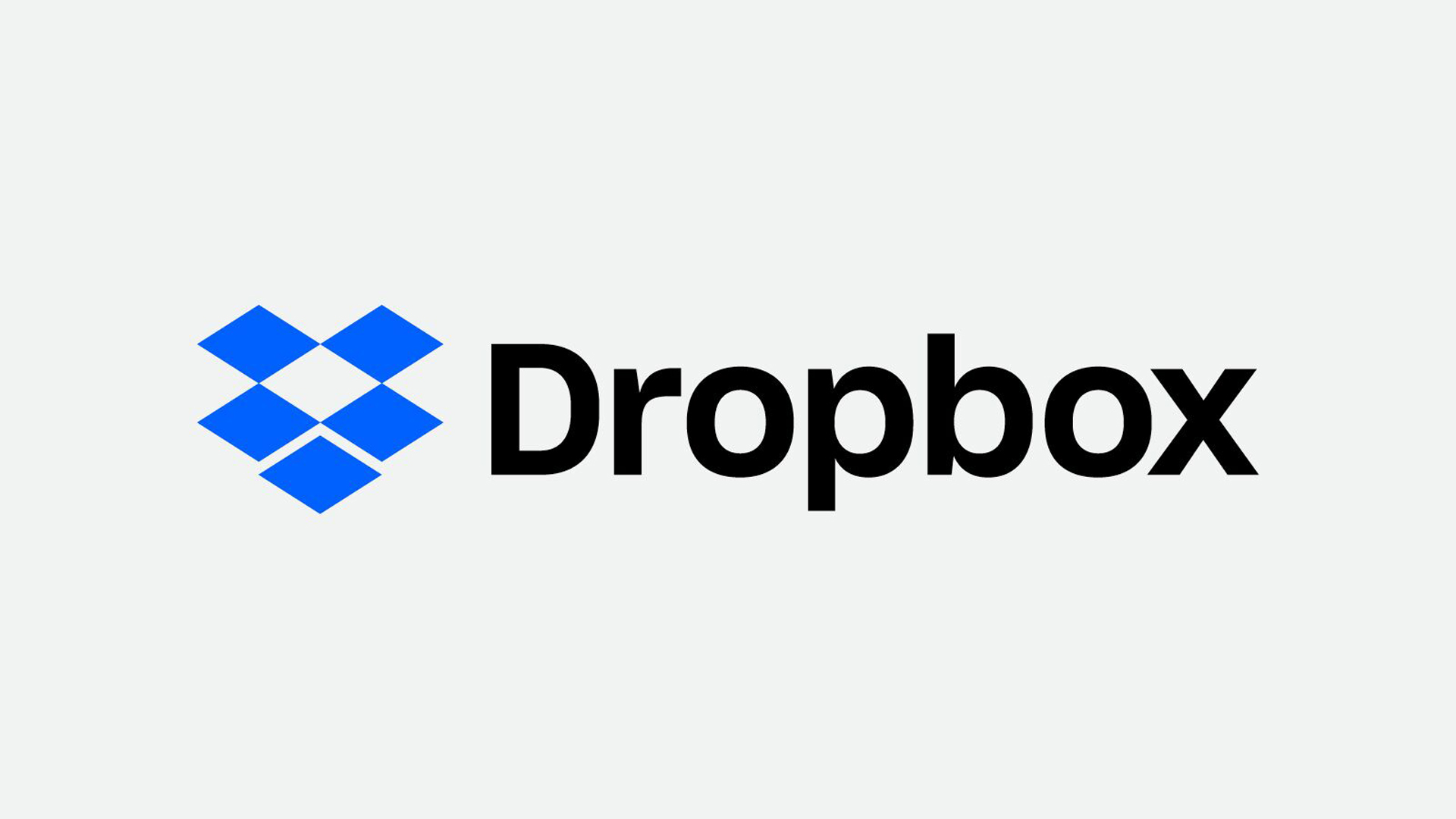
Specifications
Reasons to buy
Reasons to avoid
Dropbox is a fantastic choice for personal cloud storage. Plans are affordable, the user interface is impressive, and it integrates well with many third-party platforms.
One limitation we found is that you can’t back up external or network drives — Dropbox typically only stores what you transfer to the Dropbox folder on your device. But it does offer a Backup feature that can automatically back up folders on your computer and external hard drives to the cloud, though this is available only in select plans.
While Dropbox encrypts files in transit and at rest, it doesn't offer zero-knowledge encryption by default. It does provide a zero-knowledge password manager called Dropbox Passwords.. The desktop and mobile apps performed reliably in our tests, though the web interface can slow down with large files.
It has a free plan with 2GB of storage, as well as two other personal plans. Of these, the Plus Plan is $9.99 a month for 2TB of storage, and enables you to send files up to 50GB per transfer.
Read our Dropbox review and our Dropbox Business review.
| Header Cell - Column 0 | Basic | Plus | Essentials | Business | Business Plus |
|---|---|---|---|---|---|
Cost per month/year | Free | $9.99 / $119.88 | $16.58 / $198.96 | $15 / $180 (per user) | $24 / $288 (per user) |
Storage capacity | 2GB | 2TB | 3TB | 9TB (per team) | 15TB (per team) |
Number of users | One | One | One | Three (minimum) | Three (minimum) |
File versioning | ✖ | ✔ (30-days) | ✔ (180-days) | ✔ (180-days) | ✔ (180-days) |
Best cloud storage for security
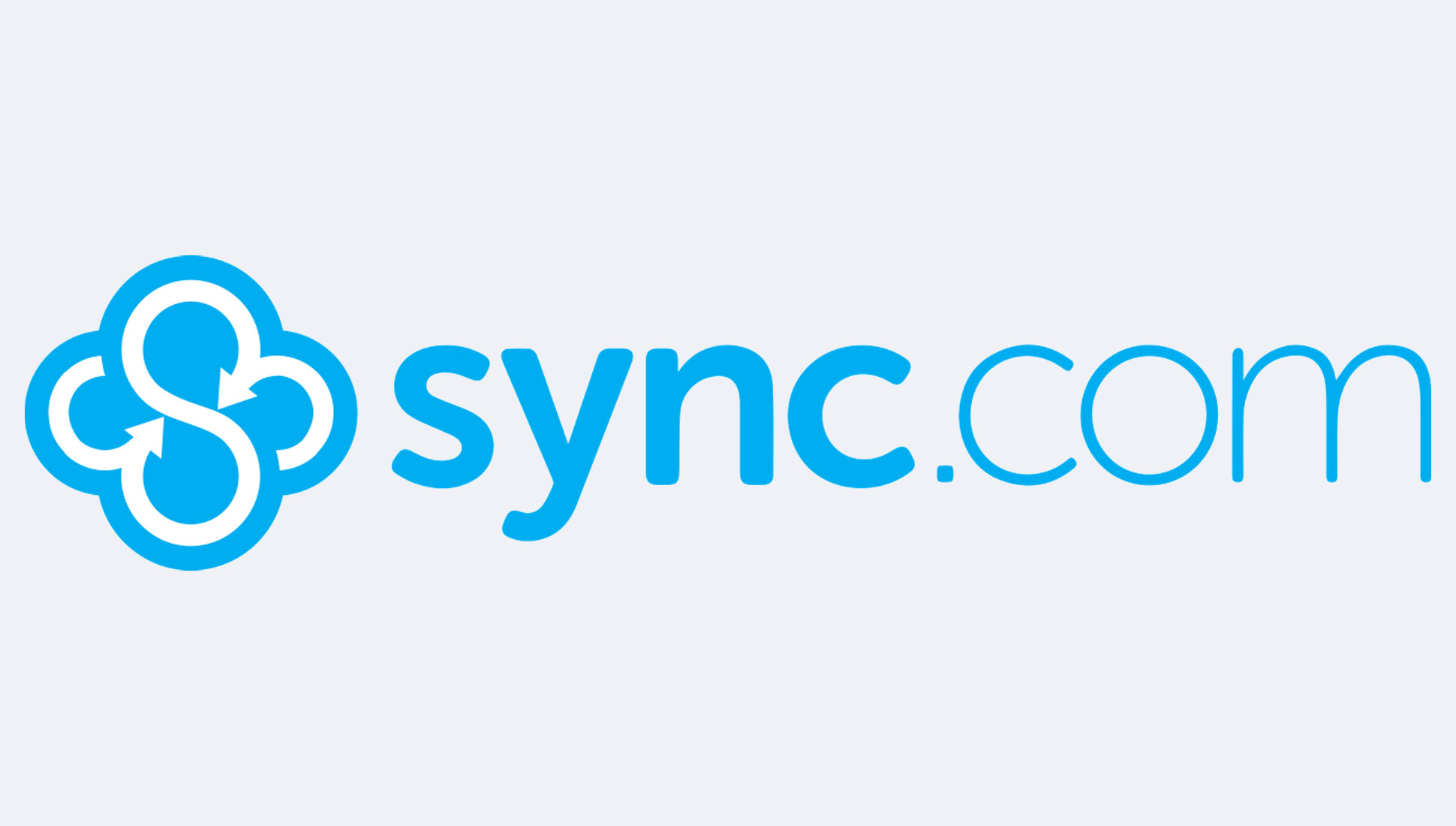
Specifications
Reasons to buy
Reasons to avoid
Sync.com makes security the top priority without sacrificing usability.
The service offers up to 5GB free storage, expandable through referrals. Paid plans start at $5 monthly for 200GB with annual billing. The Solo Basic plan, at $8 per month, offers a more useful 2TB of storage. The Solo Pro plan increases storage to 6TB and adds features like custom branding
Sync is designed to keep a single folder and the data it contains between your computers and the cloud. This limitation may be a deal breaker for some while others will appreciate the service's simplicity. The Vault feature provides extra protection for sensitive files you don't need to sync.
In terms of security, Sync provides end-to-end encryption for all of your files both in rest and while in transit. As for native clients, the service offers desktop apps for Windows and Mac as well as mobile apps for iOS and Android though you can also use its web interface to transfer files.
Read our full Sync.com review.
| Header Cell - Column 0 | Personal | Solo Basic | Solo Pro | Teams Standard | Teams Unlimited |
|---|---|---|---|---|---|
Cost per month/year | $5 | $8 / $96 | $20 / $240 | $6 / $72 (per user) | $15 / $180 (per user) |
Storage capacity | 200GB | 2TB | 6TB | 1TB | Unlimited |
Number of users | One | One | One | Two+ | Two+ |
File versioning | X | ✔ (180-days) | ✔ (365-days) | ✔ (180-days) | ✔ (365-days) |
Best cloud storage for Windows

Specifications
Reasons to buy
Reasons to avoid
Microsoft OneDrive is the ultimate cloud storage solution for Windows 10/11 and Microsoft 365 users, and is also available for users of macOS, Android, and iOS.
The platform balances high-capacity storage with functional user interfaces, powerful integrations with the entire Microsoft 365 suite, and a robust security framework.
You can edit files directly on the cloud, without the need to download them every time. From Outlook to AutoCAD, OneDrive is compatible with a variety of different other services, both internal and third-party. Security-wise, it offers the Personal Vault feature, which lets you lock away essential files safely via 2FA and Bitlocker encryption.
If you're a Microsoft 365 subscriber, you have up to 1TB free via OneDrive. Even if you aren’t, you can test it with a forever-free capacity of 5GB. You can always expand storage later via its personal plans, with 100GB for just $1.99 a month.
For individual users requiring more storage, Microsoft 365 Personal provides 1TB of cloud storage along with Microsoft Office applications for $9.99 a month or $99.99 per year. Families can opt for Microsoft 365 Family, offering up to 6TB of storage (1TB per person for up to six people) for $12.99 a month or $129.99 per year.
OneDrive offers features including file sharing with password protection and expiration dates, PC folder backup, multipage document scanning, mobile apps for iOS and Android, and real-time collaboration capabilities. Its security features include ransomware protection for your files and advanced file versioning that allows you to restore previous versions up to 30 days.
Read our full Microsoft OneDrive review, our OneDrive for Business review, and our Microsoft Azure review.
| Header Cell - Column 0 | Microsoft 365 | Microsoft 365 Basic | Microsoft 365 Personal | Microsoft 365 Family | OneDrive for Business (Plan 1) | Microsoft 365 Business Basic | Microsoft 365 Business Standard |
|---|---|---|---|---|---|---|---|
Cost per month/year | Free | $1.99 / $19.99 | $9.99 / $99.99 | $12.99 / $129.99 | $5.00 / $60 (per user) | $6 / $72 (per user) | $12.50 (per user) / $150 |
Storage capacity | 5GB | 100GB | 1TB | 6TB | 1TB (per user) | 1TB (per user) | 1TB (per user) |
Number of users | One | One | One | Up to six | Potentially unlimited | Potentially unlimited | Potentially unlimited |
File versioning | ✖ | ✖ | ✔ (30-days) | ✔ (30-days) | ✔ (500 versions) | ✔ (500 versions) | ✔ (500 versions) |
Best cloud storage for Privacy
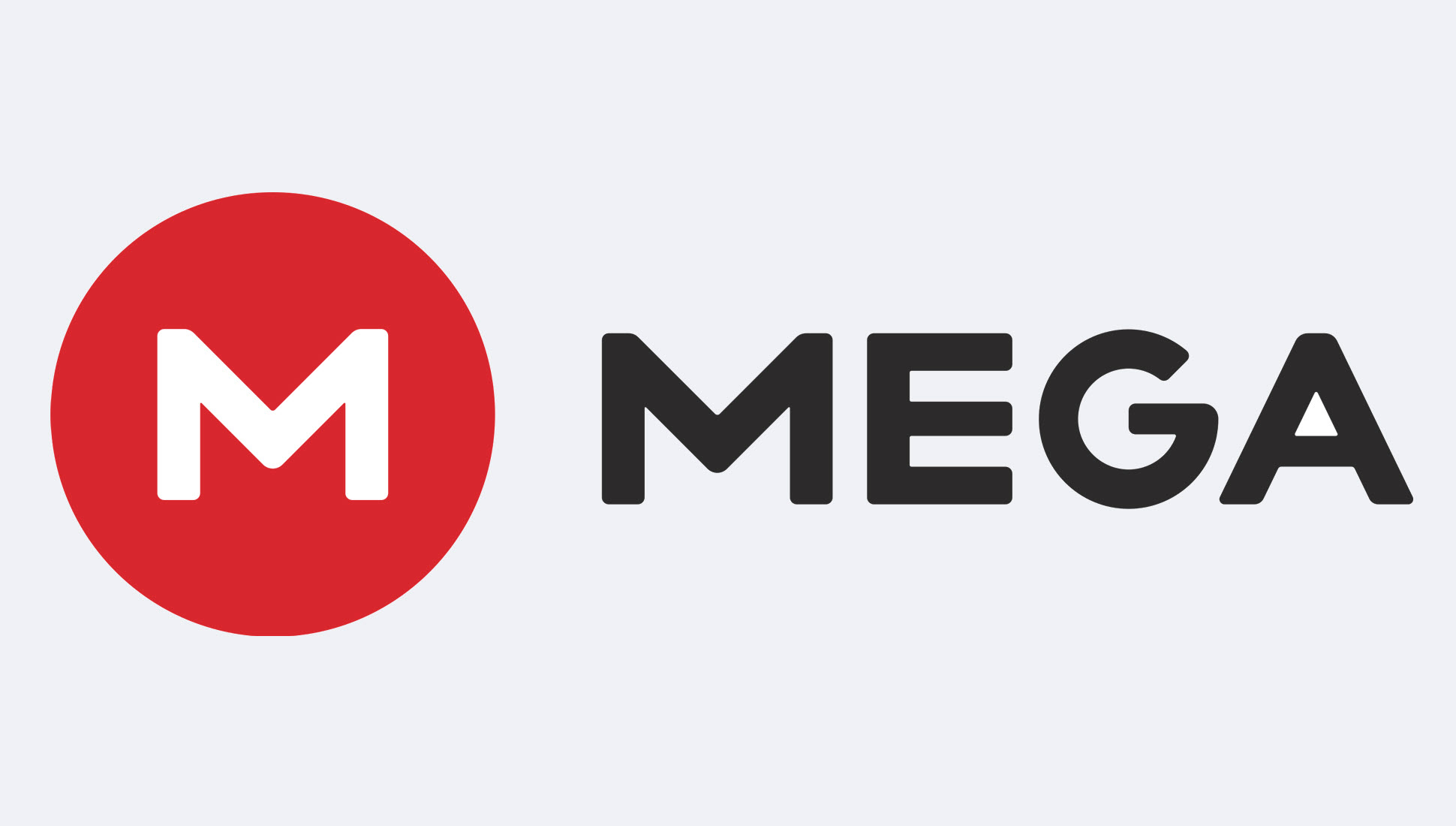
Specifications
Reasons to buy
Reasons to avoid
MEGA takes security seriously. The platform encrypts everything end-to-end, meaning you're the only one who can unlock your files. Even MEGA can't peek inside.
You'll find apps for every major platform - Windows, Mac, Linux, mobile devices, and web browsers. The interface is simple to use, and you can make video calls or send messages right in the app - all encrypted, of course.
Storage costs less than you might expect. The Pro III plan works out to $1.68 per TB monthly with annual billing, beating both Dropbox and Google Drive. Business users can start with 3TB and scale up when needed.
The tradeoff is you won't get the same smooth editing features or app connections as mainstream services. But for many, bulletproof security matters more.
Read our full MEGA cloud hosting review.
| Header Cell - Column 0 | Pro I | Pro II | Pro III | Business |
|---|---|---|---|---|
Cost per month/year | $9.00 / $108 | $17.99 / $215.88 | $26.99 / $323.88 | $16.20+ / $194.40+ |
Storage capacity | 2TB | 8TB | 16TB | 3TB+ |
Number of users | One | One | One | Potentially unlimited |
File versioning | ✔ (90 days) | ✔ (180 days) | ✔ (180 days) | ✔ (180 days) |
What is the best cloud storage service?
IDrive is the best cloud storage provider of premium solutions, offering great value-for-money across a range of highly-secure, feature-packed plans. It's also our top pick for the best free cloud storage, the best cloud storage for photos, and the best personal cloud storage provider.
Google Drive provides leading integrations with Google Workspace as well as slick mobile and desktop apps, while Dropbox continues to be one of the best cloud storage solutions thanks to ease-of-use and third-party app integrations.
Microsoft OneDrive provides integration with Microsoft 365, as well as premium plans for individuals, families, and businesses.
Cloud storage platform | Lowest-priced plan | Storage capacity | Number of devices | Encryption |
|---|---|---|---|---|
$99.50 a year (IDrive Personal)* | Up to 10TB (up to 50TB for business plans) | Unlimited | End-to-end | |
$1.99 a month (Google One) | Up to 2TB | Unlimited | Encrypted transfer | |
$9.99 a month (Plus) | 2TB to 1000TB | Unlimited | In-transit and at-rest | |
$5 a month (Personal) | 200GB to Unlimited | 5 | In-transit and at rest | |
$1.99 a month (OneDrive Standard) | Up to 6TB | 30 | AES 256-bit | |
$10.89 a month (Pro I) | 2TB to Unlimited | Unlimited | End-to-end |
*IDrive is currently offering 10TB for just $4.98 for the first year
Best cloud storage benefits

There’s a high level of emphasis on military-grade encryption and security for cloud storage users, running the range from end-to-end to zero-knowledge encryption. This means providers protect your data from upload to storage and even download, keeping it safe in highly-secure data centers.

Thanks to its low pricing levels across all types, cloud storage offers convenience and cost-efficiency, enabling individuals and businesses alike to back up and save important files and data. Services often also offer file-sharing too, so you can share key documents with others.

A high degree of automation means providers can handle many of the complex tasks for you, while extended scalability gives you the option of increasing storage when required, should your current capacity for important data exceed your limits.

As well as being simple and accessible to use for all levels of user, cloud storage services often utilize drag-and-drop interfaces and cross-platform synchronization. This means that any file uploaded from one type of device can be accessed simply from another, for maximum utility and ease-of-use.
Cloud storage FAQs
Want to learn more about cloud storage? We’ve covered all levels of questions in our frequently-asked questions below. Knowledge is power, and having as much information as possible before you sign up to the best cloud storage services will ensure you make the right choice for your needs.
What is cloud storage?
Cloud storage stores data on a physical drive, and makes it accessible online for users via software from any internet-connected device, whenever and wherever a user wants to access them: hence the term "cloud". Some users utilize multiple cloud services in what is called a multi-cloud service.
Self-hosted cloud storage works by using on-premises (on-prem) infrastructure to provide storage, rather than managed, remotely-based servers. You need to manage these types of services yourself.
Storage as a service (StaaS) uses externally managed, third-party infrastructure and data centers, and offers large, affordable amounts of online storage. Designed for collaboration, they can also be described as storage and syncing platforms.
Hybrid cloud storage combines cloud and local storage (or public and private storage) together to give you the benefits of both types. This is aimed more at businesses than individuals.
Cloud sync technology encompasses link sharing and file versioning, and is offered by many StaaS providers, allowing larger businesses to undertake inter-colleague collaboration, file sharing, and much more.
How much does the best cloud storage cost?
Unlike most tech and software markets, cloud storage providers often offer excellent free plans as well as paid plans. Free plans are ideal for those seeking relatively small amounts of storage, but feature storage capacity limitations, and don’t include the same high level of tools and features as paid plans.
Paid plans are available in monthly, annual, and even lifetime models, ranging from around $50 a year (this price depends entirely on factors including storage levels and additional features). Monthly plans can be as low as a few dollars a month, and in general pricing depends entirely on what plan you want, what tools and security coverage you seek, and the encryption on offer.
How secure is cloud storage?
When we compare on-prem vs cloud storage, or even cloud storage vs external hard disk drives, security is key. Cloud storage may not theoretically be as secure as local, but the best cloud storage uses cutting-edge security and encryption. So is cloud storage secure, how secure is it, and how does it protect your data?
When it comes to enterprises, cloud storage security is crucial, particularly in data and privacy-sensitive sectors, and so investing in secure cloud storage that offers state-of-the-art policies is non-negotiable. End-to-end encryption and zero-knowledge architecture mean services are almost hack-proof, and that not even a provider's staff can access your data.
In-transit and at-rest encryption mean that even in the unlikely event of a cybercriminal intercepting data, it would be indecipherable. The very best providers not only protect data, but infrastructure housing it. StaaS data centers have 24/7 security guards, biometric authorization for entry, and frequent security auditing.
Data center locations are also key for most businesses, as different countries have different data privacy laws. You'll need to make sure data is stored in a nation that complies with your data privacy obligations.
The best cloud storage for business: what you need to know
Identifying the best cloud storage for business means looking for highly stable, secure systems that protect data at all times. End-to-end encryption and zero-knowledge architecture are particularly important, but also look for StaaS products, as they offer advanced cloud sync and collaborative features for seamless digital workflows, increased employee cooperation and productivity.
Powerful administrative features provided, such as access management, system auditing, 2FA, and roles-based permissions, are also worth keeping an eye out for, particularly for medium- and large-sized organizations.
What you need to know about free cloud storage
If you've got less complex storage requirements, or have a tight budget, most providers offer free plans. While less feature-rich, with smaller storage allowances and other limitations, free cloud storage can be more than sufficient for personal needs. You can store important documents and images, but should you want more capacity, you'll have pay to upgrade. However, the advantage is that you can try out different platforms for free before you do.
How we test the best cloud storage
When we review cloud storage providers, we test upload and download times for files, as these speeds are integral to performance and usage. We also look at how each provider's security stacks up, how responsive customer service teams are when there's a problem, at pricing, and at any additional features offered.
Our comprehensive reviews also make a point of comparing each cloud storage service to competitors, across key features and pricing, so you can benefit from as much information as possible before you make your choice.
Take a look at some of our other reviews of leading platforms, including:
Ready to purchase cloud storage? Make sure you check out our top cloud storage deals to get cloud storage space for less.
Next steps with cloud storage
Make sure to follow a cloud storage checklist when looking for a provider, and consider the most important factors when selecting an online storage service, as well as these tips for data backup and recovery. If you're unsure about the differences between cloud storage, cloud backup, and cloud sync,it's worth doing your research first.
If you're buying cloud storage on behalf of a small company, take a look at the best cloud storage for small business, but also learn the top reasons you should use small business cloud solutions; find out why small businesses should use cloud services; and understand why a multi-cloud strategy benefits businesses.
Are you an iPhone user of iCloud, and have no space left in your storage? Learn how to free up space if your iCloud storage is full.
Sign up to get the BEST of Tom's Guide direct to your inbox.
Get instant access to breaking news, the hottest reviews, great deals and helpful tips.
Richard is a technology writer with over 20 years experience in website development, marketing, and SEO. A graduate in Computer Science, he has lectured in Java programming and built software for companies including Samsung and Walmart. Richard writes for TechRadar, IT Pro, Tom's Guide, and PC Gamer.
- Anthony SpadaforaManaging Editor Security and Home Office
